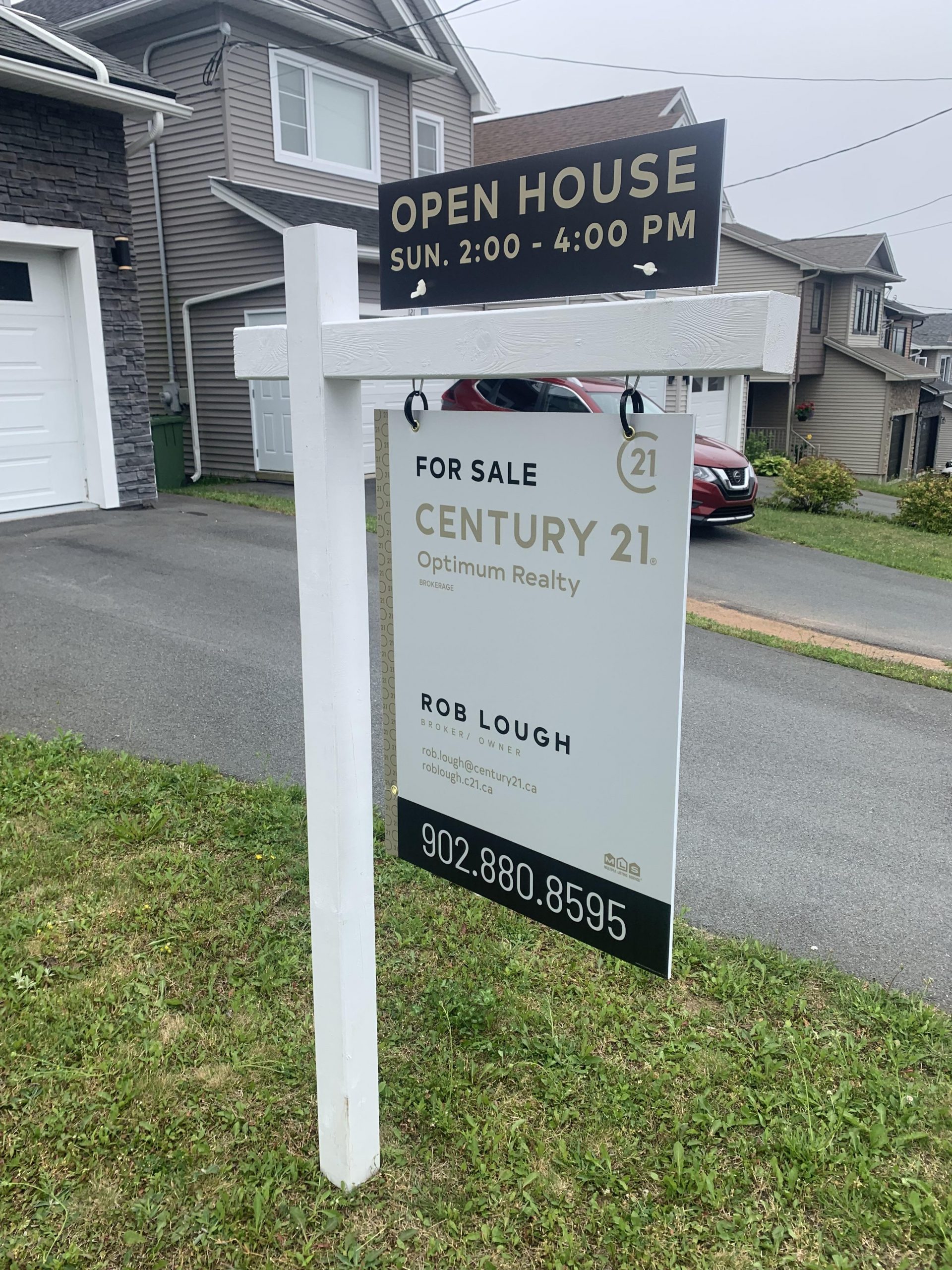The 30-year amortized mortgages announced in the 2024 federal budget are kicking in on Thursday.
First-time homebuyers who are purchasing newly built homes can now qualify for a 30-year mortgage, giving them five additional years to pay off an insured mortgage. For other mortgages where default insurance is required, a 25-year amortization limit is still in place.
Deputy Prime Minister Chrystia Freeland touted the changes as a chance to “restore generational fairness” for younger people trying to break into the housing market.
While some have said the changes will lead to lower monthly mortgage payments, opening up the housing market to younger buyers struggling with affordability, some mortgage analysts have cautioned that the new rules won’t apply to many people — and that they might cost you more on a long-term basis.
 Here’s who qualifies for the new rules and what they mean for you.
Here’s who qualifies for the new rules and what they mean for you.
WATCH | Should you get a 30-year mortgage?:

Who is eligible?
The extended insured mortgages are reserved for people who:
- Are first-time homebuyers.
- Are purchasing a newly built home without previous residents.
- Haven’t lived in a home or place of residence owned by a current spouse or a common-law partner — unless they’ve recently ended their marriage or partnership.
- Have a high-ratio mortgage, which are loans that exceed 80 per cent of the home’s purchase price.
In order to qualify for an insured mortgage, buyers have to be purchasing a home under $1 million and putting less than 20 per cent of the home purchase price toward a down payment.
According to the CMHC’s 2024 Mortgage Consumer Survey, there was a shift to longer amortization periods in 2023, with 29 per cent of people surveyed choosing an amortization period of 25 years or more.
What are the measure’s limits?
Penelope Graham, a mortgage expert at RateHub.ca, an organization that analyzes real estate and financial data, said that the new rules are a “nice effort” that target a home buying group — mostly Gen Z and millennials — who are badly in need of affordability support.
“I think it’s going to be so limited in terms of who this actually applies to when you factor in the price points, the housing types that actually qualify for this and the type of mortgage you can actually get with that criteria,” Graham told CBC News.
She noted that pre-construction homes in markets such as Toronto and Vancouver — especially detached houses — cost more than $1 million, which would disqualify a buyer from an insured mortgage. People who live in expensive markets would be restricted to buying a condo or expanding their search into more affordable areas.

 Facebook
Facebook
 X
X
 Pinterest
Pinterest
 Copy Link
Copy Link
